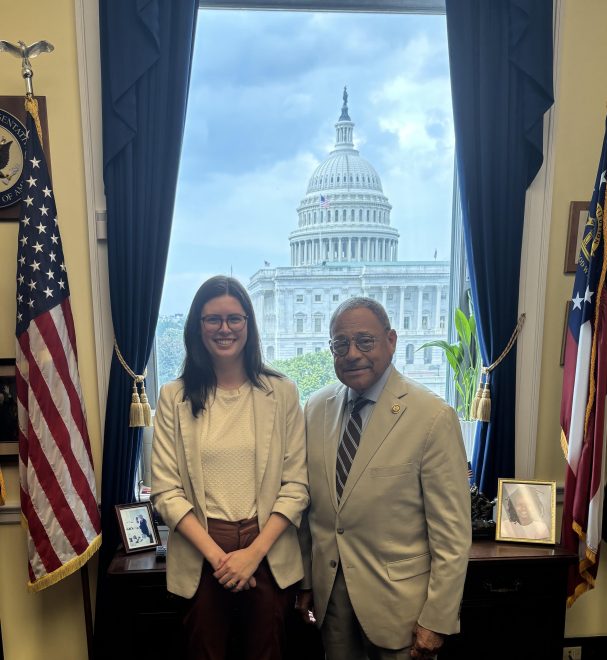Guest editorial: Farewell, President Bush
Published 2:00 pm Sunday, December 9, 2018
America and the world say goodbye Wednesday to George Herbert Walker Bush, the 41st President of the United States.
Traditionally, whenever a President dies, we rewrite parts of their history. We even praise some things that were initially reviled.
Trending
Richard Nixon was reconsidered at the time of his death, with many pundits focusing on his role as an elder statesmen in the years after his resignation.
Gerald Ford’s pardon of Nixon was bitterly criticized when he issued it in the 1970s but was regarded as political courage at the time of his death.
For George H.W. Bush, he’s been praised now for facing political reality and raising needed taxes despite his pledge of “Read my lips. No new taxes.”
But otherwise, there seems little exaggeration that Bush exemplified the model of a statesman, a political realist, a humble man who did not feel a need to gloat even when America won the Cold War, and the leader of the free world.
A son of privilege, born in the East, Bush’s childhood years read like a biography from the era of Theodore Roosevelt: large, active, wealthy family.
His mother instilled in him the dual qualities of ambition tempered by humility, the confident pursuit of lofty goals without bragging about one’s ability to accomplish them. His father served in the U.S. Senate.
Trending
He met his life-partner Barbara early. They eventually married.
He became a Navy aviator and was shot down during World War II. He moved to Texas as an oilman after the war.
He and Barbara raised a family. They lost a young daughter to leukemia.
He entered politics and was a congressman. He served in several appointed positions: United Nations ambassador, Republican National Committee chairman, ambassador to China, Central Intelligence Agency director.
He ran for President, seeking the GOP nomination in the same race as Ronald Reagan. Reagan won the nomination and the presidency. Reagan tapped Bush to be vice president.
Bush ran for President and became the first sitting vice president since Martin Van Buren to win the presidency.
As President, Bush maintained a cautious, controlled reaction to the fall of the Soviet Union, he created and led an international coalition to force Iraqi forces out of Kuwait, he enjoyed the highest popularity rating of any President in the era of modern polling.
But Bush also broke his campaign pledge of “Read my lips. No new taxes.” The economy faltered. Texas businessman Ross Perot mounted a third-party presidential run. A young governor from Arkansas named Bill Clinton ran as the Democratic nominee.
Bush lost his reelection bid for a second term.
Despite the name-calling of the campaign and the heartbreak of losing a second term, Bush’s letter to the incoming President Clinton is both generous and gracious.
So was Bush and Clinton’s post-presidential work together for international disaster-relief. Bush even came to think of Clinton as a wayward son.
George H.W. Bush was also the second President in American history who witnessed one of his sons become President. The elder Bush did not swagger and offer public opinions to George W. Bush. Instead, he kept quiet counsel and kept his opinions to himself until years after his son’s presidency.
There are lessons to be learned from the life of George H.W. Bush. Lessons in humility and leadership.
Characteristics that all Americans and its current leaders would do well to emulate.
This editorial originally ran in The Valdosta Daily Times.





